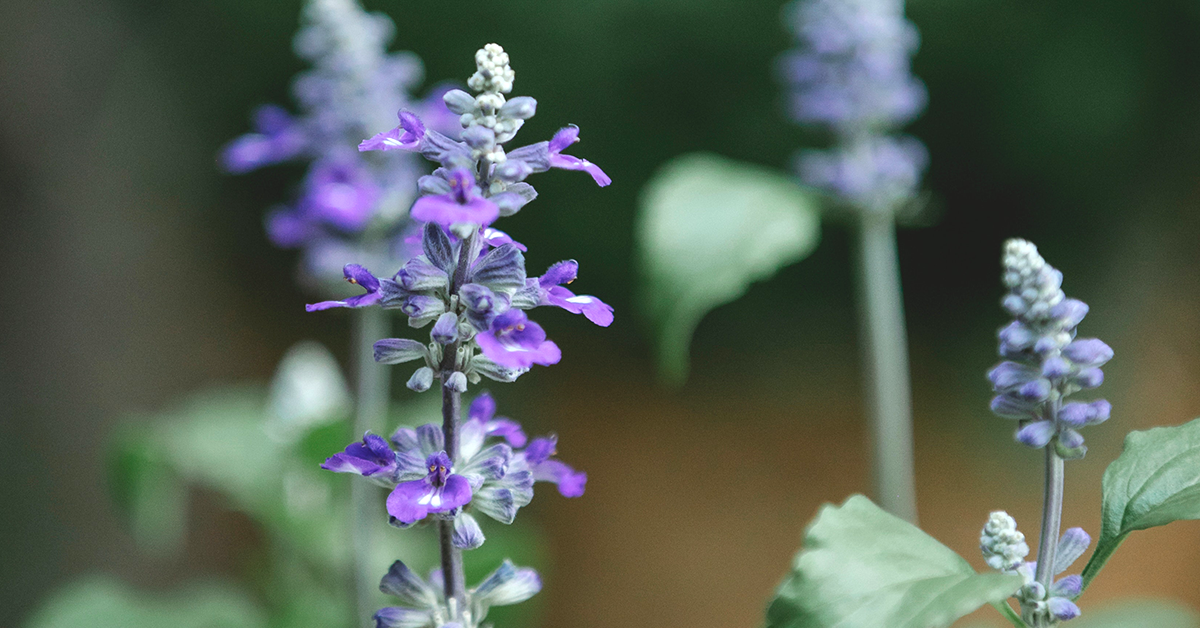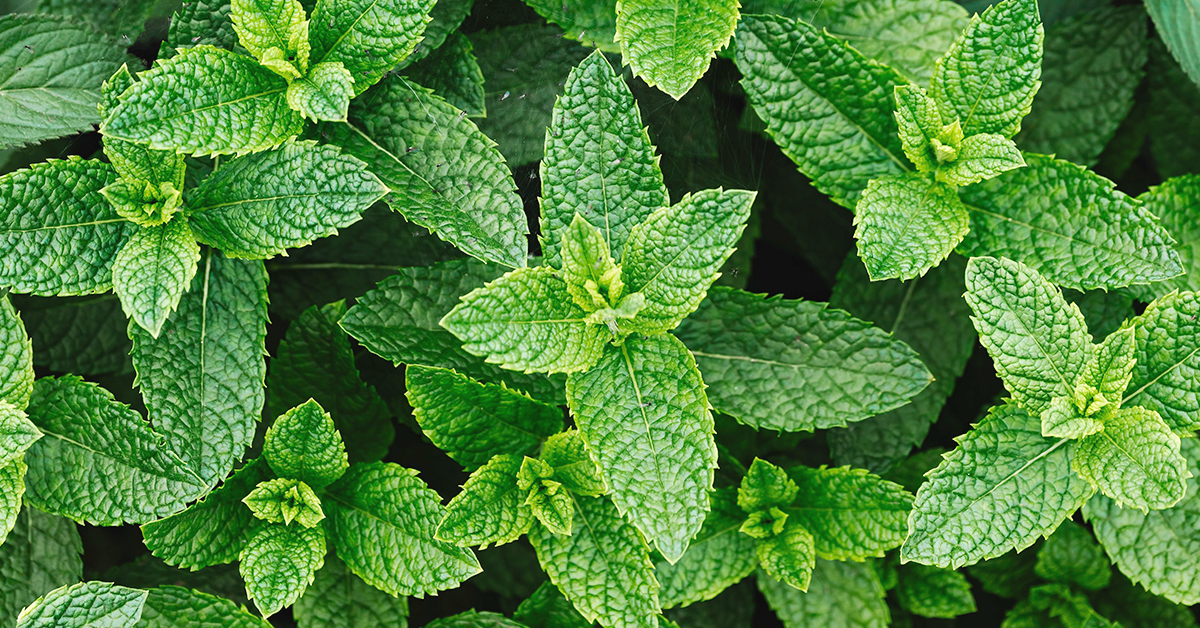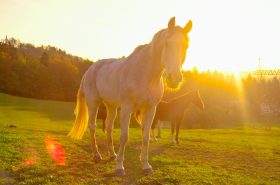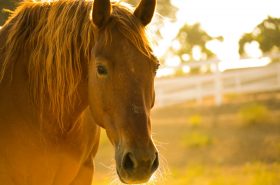Equine intestinal parasites are a fact of life that we, as horse owners, must contend with on a continual basis. For centuries, people have been coming up with ways to deal with them—from home remedies to herbs to modern-day chemical dewormers.
Though chemical dewormers are the most popular form of parasite control today, they can become ineffective when overused due to resistance on the part of the parasites. Overuse of chemical dewormers can also lead to kidney or liver damage; therefore, it’s important not to give them too often. Fortunately, there are other, more natural, methods of both preventing and expelling parasites. One of them is herbal dewormers, which I use monthly during the lunar cycle.

Herbal Deworming
A number of herbs have been shown to provide anti-parasitic properties and have been used for years to expel or prevent infestations of internal parasites. Some of these herbs include:
- Anise
- Cayenne
- Cinnamon
- Clove
- Dulse
- Echinacea
- Elecampane
- Fennel
- Garlic
- Hyssop
- Mugwort
- Neem
- Peppermint
- Sage
- Tansy
- ThymeWormwood
Many of these herbs are included in blends that you can purchase from various companies. The herbal dewormer usually comes as a powder and can easily be sprinkled over or mixed into feed for the horse to consume.
However, it should be noted that some of these herbs are harsh or slightly toxic, so they should only be used for a short time period or mixed with herbs that also soothe the digestive tract such as marshmallow, slippery elm, or chamomile. Make sure to buy from a reputable company and follow the manufacturer’s directions when feeding herbal dewormers.

Deworming During the Lunar Cycle
In many parts of the world, administering herbal dewormers two days before the full moon, on the day of the full moon, and two days after the full moon is common. This protocol goes back hundreds of years and has proven to be effective. This is because parasite female worms ovulate between the new and full moon and the worms detach from the walls of organs and the lining of the intestines to breed and lay eggs. Therefore, this is the best time to disrupt the egg-laying cycle.
Keep in mind that herbal dewormers can be effective for many horses. However, if the horse is under stress or living in a heavily contaminated area, chemical dewormers may be needed. Using fecal egg counts can give you an idea as to your horse’s worm burden and also help you choose which deworming methods may be best at that time. Pasture rotation and manure management can also be used to prevent high worm infestations.
Have you ever used anything for herbal deworming with your horse(s)? Feel free to tell share the experience in the comments!

Love this blog post? We think you will like Healthy Herbs for Horses by Casie Bazay.



